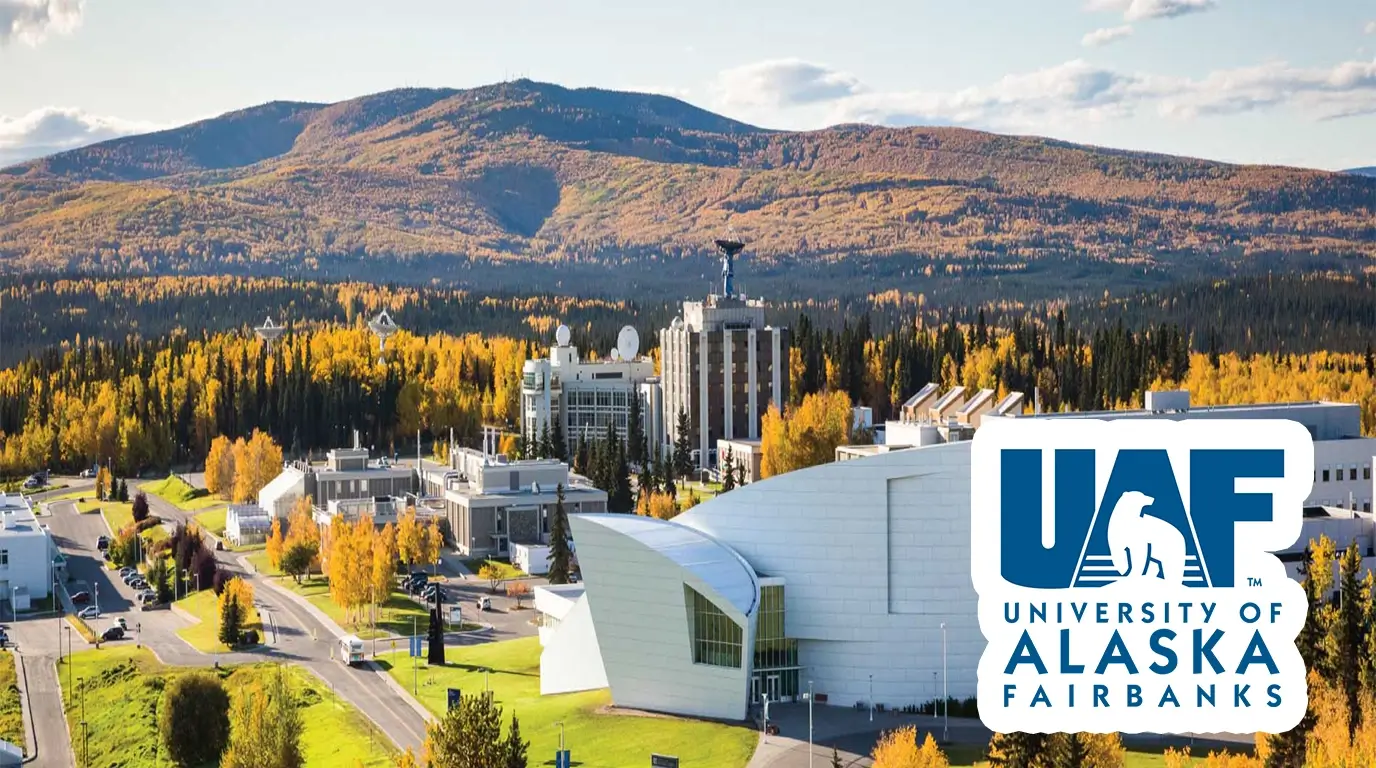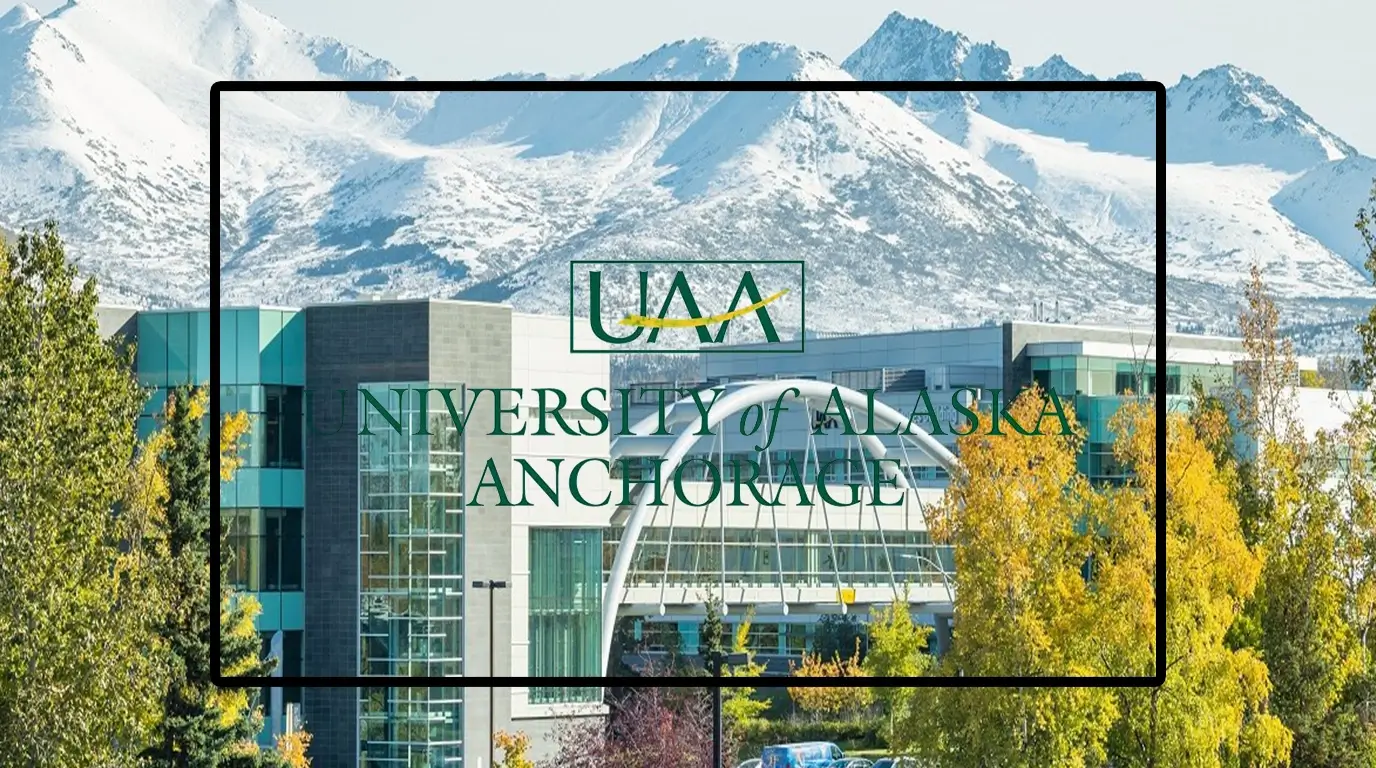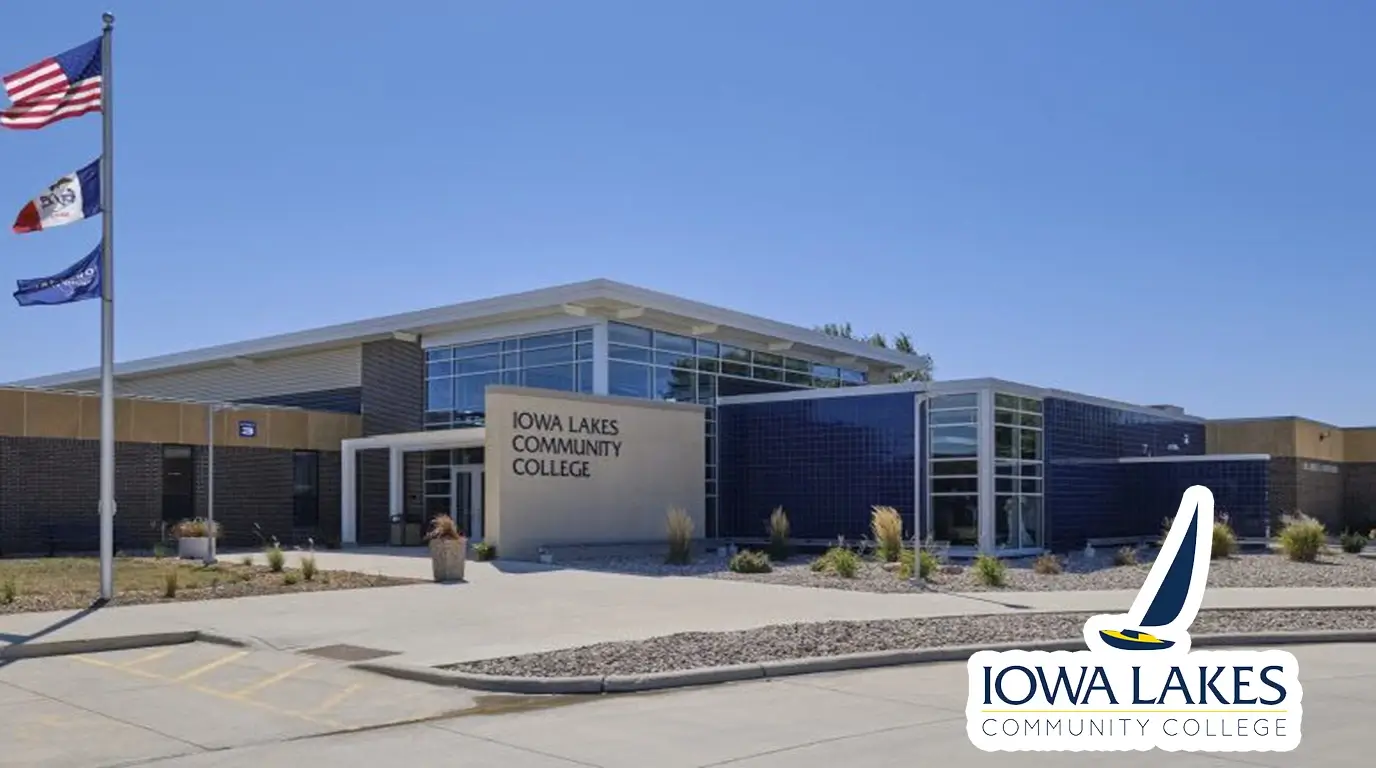Becoming a Paralegal in Montana – Your State-Specific Guide
Hey there—ever thought about jumping into a legal career in Montana without chaining yourself to years of law school? I mean, with just over 700 paralegals working across Big Sky Country as of 2023 per The Bureau of Labor Statistics, becoming a paralegal in Montana might be your way in. It’s a smaller crowd than big-city scenes, sure, but that’s part of the charm—less noise, more opportunity if you play it right. So, what’s it take to get there? I’ve been writing about legal gigs and guiding folks through career paths for a while now, and I’m here to give you the straight Montana scoop—nothing generic, just real talk for this state.
Paralegals are the quiet engines keeping Montana’s law offices, small firms, and even government agencies running. They’re the ones digging through case files, drafting contracts, and making sure attorneys don’t drop the ball—especially in places like Billings or Missoula where the legal pulse beats a little stronger. This guide’s all about getting you from square one to a solid paralegal spot, Montana-style.
Paralegal Definition and Regulation in Montana
First off, what’s a paralegal in Montana, legally speaking? Well, the state doesn’t pin it down with some official definition. Instead, Montana’s Rules of Professional Conduct—Rule 5.3, if you’re keeping score—call paralegals “nonlawyer assistants.” It’s a simple way of saying you’re the right-hand person to an attorney, handling legal grunt work without crossing into lawyer territory. No fancy title, just a practical role.
Regulation-wise, Montana keeps it laid-back. There’s no state licensing or mandatory certification to become a paralegal in Montana—no big hoops to jump through from Helena’s rule makers. That said, you’re not totally freewheeling. Working under an attorney means you’re tied to their ethical standards—think keeping client info under wraps and staying in your lane. The attorney’s the boss, and they’re the one making sure you don’t step out of bounds.
- Key Takeaway: Montana doesn’t define or regulate paralegals with strict rules—just stick to ethics under an attorney’s oversight.
Education Requirements and Recommended Programs in Montana
Alright, let’s talk about what you need to get started. Does Montana demand a specific education to be a paralegal? Nope, not by law. You could technically land a gig with a high school diploma and some hustle—small-town firms might still take a chance on you. But here’s the reality: most employers in Montana, even in quieter spots like Bozeman, want at least an associate’s degree in paralegal studies. A bachelor’s or certificate? That’s your ticket to stand out, especially if you’re eyeing law firm jobs in Montana as a paralegal. And yeah, ABA-approved programs from the American Bar Association are a bonus—some Montana firms swear by them.
Now, paralegal education programs in Montana aren’t exactly popping up on every corner—this state’s sparse—but here’s where you can look:
- University of Montana – In Missoula, they’ve got a Legal Studies certificate through their School of Law’s paralegal track. It’s not ABA-approved yet, but it’s practical and tied to real legal pros.
- Flathead Valley Community College – Up in Kalispell, they offer an Associate of Applied Science in Paralegal Studies. Small classes, hands-on vibe—perfect for northwest Montana.
- Montana State University Billings – Their Associate of Applied Science in Paralegal Studies is online-friendly and built for folks wanting to work in Billings or nearby.
Options are slim in-state, so online’s a big deal here. Schools like FVCC and MSU Billings lean into that flexibility, and national online programs can fill the gap too—especially if you’re out in rural Montana where driving to class isn’t an option. Legal assistant training in Montana often means going virtual, and that’s just fine.
- Key Takeaways:
- No legal education requirement, but an associate’s is the practical minimum.
- Montana’s got limited in-state programs—UM and FVCC are solid starts.
- Online options are a lifeline for flexibility in this big state.
Paralegal Certification and Credentials in Montana
Certification’s where it gets interesting. Does Montana have its own [paralegal certification in Montana]? Not really—no mandatory state-specific credential exists. You won’t find a “Montana Certified Paralegal” badge handed out by the state bar or anything. That said, there’s no voluntary state program either, so you’re looking at national options to spice up your resume.
Enter the big players: NALA’s Certified Paralegal (CP) and the NFPA’s CORE Registered Paralegal (CRP). NALA says the CP—earned through an exam—proves you’ve got the basics down, and it’s a hit with Montana employers, especially in urban hubs like Helena. The CRP’s another strong pick, showing off your core skills. These aren’t required, but they’re respected.
Why go for it in Montana? Simple: it’s a leg up. Certification can boost your cred, maybe nudge your paralegal salary in Montana a bit higher, and make you more hireable—especially in a smaller market where standing out matters.
- Key Takeaways:
- No state certification, mandatory or voluntary.
- National creds like NALA CP or NFPA CRP work well in Montana.
- Certification’s your edge for better pay and gigs.
Paralegal Associations in Montana
Networking’s huge, even in a spread-out place like Montana. Here’s who’s got your back:
- Montana Paralegal Association (MPA) – The go-to group. They’ve got events, job leads, and a tight-knit community—great for connecting in Billings or beyond.
That’s about it—Montana’s not overflowing with options here. MPA’s your main lifeline, and joining up means tapping into job boards, CLE opportunities, and folks who know the local scene. I’ve seen paralegals snag work just by chatting at an MPA meetup—it’s small but mighty.
- Key Takeaway:
- MPA’s your lone star for networking and growth in Montana.
- Membership’s a gateway to jobs and learning.
Job Market Outlook and Salary for Paralegals in Montana
Let’s get to the meat of it—jobs and money. The job market for paralegals in Montana is modest but steady. The BLS counted 710 paralegals here in 2023, mostly in Billings, Missoula, and Helena. Firms like Crowley Fleck or state agencies in the capital keep things ticking. Rural areas? Slim pickings—think solo attorneys or county courts—but they’re out there.
Salary’s where Montana keeps it real. The average paralegal salary in Montana was $53,620 in 2023 per the BLS—below the national median of $60,970, but living costs here are kinder. Top earners hit $72,010—those are your seasoned pros or folks in specialized roles like energy law (big in Montana’s resource game). Billings might push you closer to $55,000, while smaller towns dip lower. Experience, education, and a certification can bump you up.
Growth’s decent—Projections Central says a 4.9% rise in paralegal jobs from 2022-2032, just above the national 4.2%. That’s about 80 openings a year—new spots plus turnover. Not a flood, but enough to work with.
- Key Takeaways:
- Small but stable demand, focused in Billings and Missoula.
- Average salary: $53,620, with top pay at $72,010.
- Job growth: 4.9% through 2032—steady, not booming.
Key Takeaways: Steps to Becoming a Paralegal in Montana
Ready to roll? Here’s your Montana playbook:
- Research paralegal programs in Montana—start with UM or FVCC.
- Pick your path: associate’s, bachelor’s, or certificate, based on your pace.
- Check out ABA-approved programs if you can swing it.
- Look into national certifications like NALA CP or NFPA CRP for extra cred.
- Join the Montana Paralegal Association—it’s your network hub.
- Kick off your job hunt, targeting Montana’s legal pockets like Billings.
This is your shot, Montana-style. Got questions or want to hash out the details? Drop a comment—I’m here to talk it through. Curious for more? Check our pages on what paralegals do or dig into career tips. Let’s get you going under those big skies!




